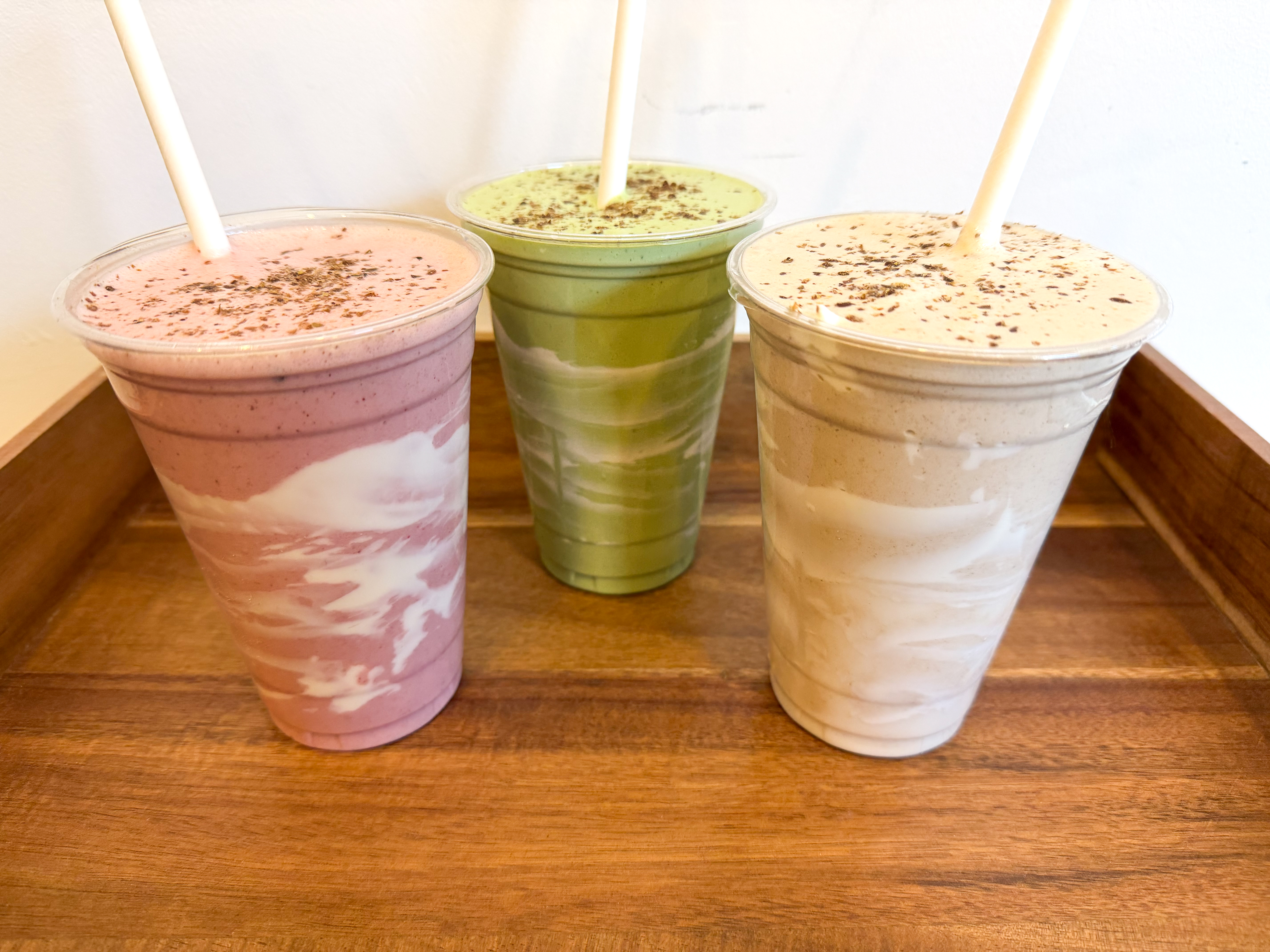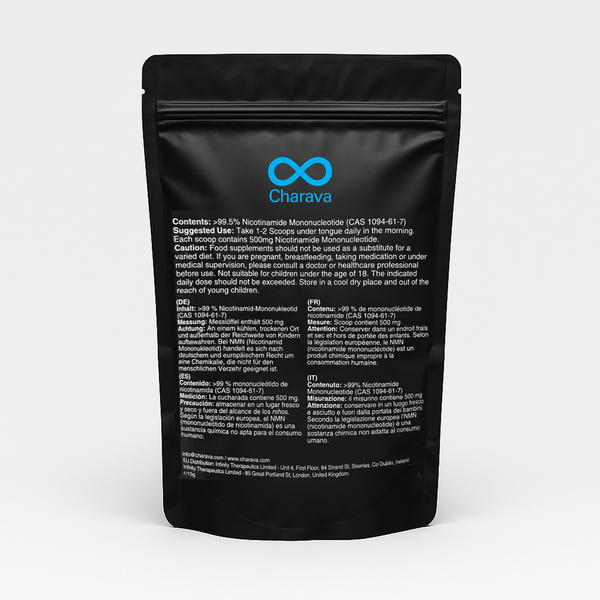The launch comes amid a rapid rise in awareness and use of GLP-1 medications such as Ozempic, Wegovy and Mounjaro across the UK.
Recent consumer data shows usage of GLP-1 treatments has nearly doubled, increasing from around 2% of adults to approximately 4.4%, as more people explore new approaches to managing appetite and weight. Estimates suggest around 1.5 million adults in the UK are now using GLP-1 medications privately or via the NHS.
As these treatments become more widely discussed, eating habits are shifting. Many people report seeking out smaller, more satisfying options that feel filling without being heavy, overly sweet or high in calories, a change already being felt across the food and drink industry.
“At Bloom Juice Co., we’ve always paid close attention to how people actually eat and drink day to day,” Jordan Dodd, Regional Manager at Bloom Juice Co., told That's Food and Drink.
“GLP-1 medications are part of a much bigger conversation about appetite, balance and how food fits into modern life.
"Our new range is about meeting customers where they are, whether they’re using GLP-1s or simply looking for something that keeps them feeling satisfied for longer.”
Designed for How People Eat Now
The new GLP-1-friendly smoothie range has been developed in-house to focus on texture, balance and satisfaction, rather than quick sweetness. Each of the 3 new smoothies is blended using carefully selected ingredients that support fullness and steady energy, in 3 unique flavours, covering breakfast, greens and treat-style flavourings.
Key features of the range include:
Higher protein and fibre content, to support appetite control
Lower sugar profiles, making them GLP-1 Friendly
Meal Supplements, designed to feel indulgent and filling
The range is designed to be enjoyed by anyone, whether they are using GLP-1 medications or simply prefer food and drink that feels more satisfying.“We didn’t want to create ‘diet’ smoothies,” added Dodd. “We wanted drinks that feel premium, enjoyable and worth the visit; the kind of thing you’d choose because it tastes great, and then notice you feel good afterwards too.”
A First for the UK High Street
While GLP-1 medications are increasingly shaping conversations around food and appetite, Bloom Juice Co. believes it is the first UK café chain to introduce a clearly defined GLP-1-friendly range within a mainstream, high-street setting.
The new smoothies are available from 5th January 2026 across Bloom Juice Co. stores alongside their wider New Year Menu and will be supported by in-store and digital menu highlights to help customers navigate the range easily. The new range includes a new focus on supporting cognitive and digestive functions, as well as energy and wellness focussed.
Bloom Juice Co is a fast growing innovation-led cafe chain launched in 2024 with stores in Cambridge, Derby, Leeds & Lincoln, serving in-house made-to-order juice blends, smoothies, Acai bowls & ceremonial matcha.













.jpg)
.jpg)
.jpg)
.jpg)
.jpg)





